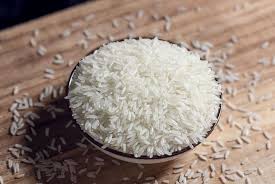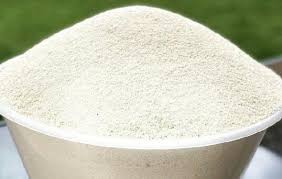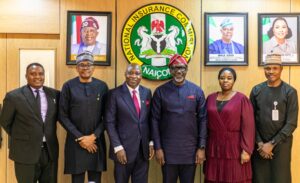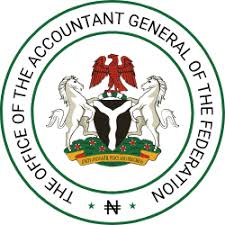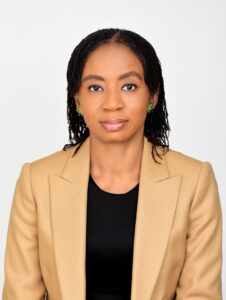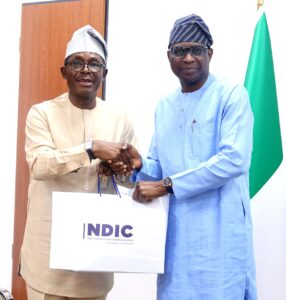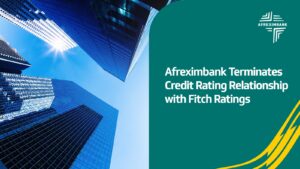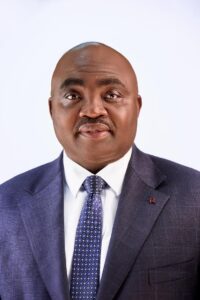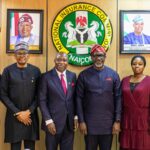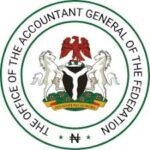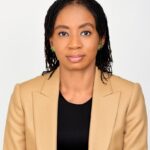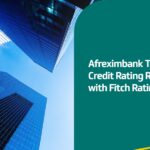The Nigeria Sovereign Investment Authority (NSIA) has announced its audited financial results for the year 2024, netting and outstanding 96 percent growth in net assets.
Announcing the results in Abuja, Managing Director of the Authority attributed the impressive surge in net assets to strong resilience and strategic positioning that has helped the country weather ongoing uncertainties in the global economic landscape.
Net assets as of December 2024 stood at a towering N4.35 trillion, nearly double the N2.22 trillion recorded in 2023, driven primarily by a diversified revenue base, gains from foreign exchange movements, and a strong infrastructure portfolio.
This indicates 12 consecutive years of profitability for the NSIA , with cumulative retained earnings now reaching N3.74 trillion as at the end of 2024.
Operating profit, excluding joint ventures and associates, rose from N1.17 trillion in 2023 to N1.86 trillion in 2024; a combination of this with profits from joint ventures and associate entities puts the Authority’s total comprehensive income at N1.89 trillion, a 59 percent jump from the previous year.
Speaking to the financials of the NSIA, the Authority’s Managing Director disclosed that the “NSIA has received a total of $1.82 billion in net Government Contributions since its inception. These funds have been efficiently utilized by NSIA, resulting in a Net Asset Value (NAV) of $2.84 bn (N4.354 trillion) as of December 2024.”
He added that “For over a decade, NSIA has successfully executed more than 150 investments in a wide range of projects across the African continent, demonstrating its commitment to driving economic development throughout the region.”
“Over $500 million committed in domestic infrastructure; Catalyzed over $1 bn in third-party investment; Robust infrastructure investment portfolio across key sectors such as Agriculture, Healthcare and Power; Invested in over 50% of locally owned and run private equity (PE) funds; Operating Income N1,853.8; Profits After Tax 1,886.4; Total Comprehensive Income (TCI) N1,885.6; Return on Average Assets (RoAa) 12.2%; Return on Average Equity (RoAe) 12.4%.”
With regards to Operating income, he said the NSIA “recorded notable growth, driven by strong performance across major income lines, with both market-sensitive and stable revenue lines achieving above single-digit increases.”
Sadiq also announced that the Nigeria Sovereign Investment Authority (NSIA) has concluded plans to exit playing in the fertiliser blending sector to allow the blenders take charge after helping Nigeria’s fertilizer blending plants to grow from four to 90 plants since 2017.
Managing Director and CEO of the Authority Mr. Aminu Umar-Sadiq said “because we have gone from four operating blending plants to over 90 today, is to say, particularly with the CBN Governor removing the FX ban on the importation of imports, to say it’s now a liberalised sector with active, buoyant players, NSIA is actually no longer needed.”
“And therefore, the eight-year plan for resuscitating the blending space is actually done, and therefore the expectation is that by next year we are out. And I want to suggest that His Excellency, our current President, is also aligned with that, and to the extent that there is no shock in the system, we’ll be looking at, over the next two to three years, to actually fully transition out of the sector.”
In arriving at this decision, Aminu Umar-Sadiq states “we started our programme in 2017, but what was important and what was crucial in terms of that business model was to ensure that the focus, the objective was to resource-take the sector so that the blending plants are actually dependent. It was not to sustain NSIA’s continued engagement, continued intervention in the sector.”
“And so essentially what we did, we started off buying all the raw materials, transporting everything to the blending plants, paying the blending plants to pay to blend, and then selling the fertiliser from the gate of the blending plants. And then as each of these blending plants then essentially had a historical record for cash flows, then NSIA then pulled back slightly to say that now that you can access bank guarantees, then why don’t you actually access those bank guarantees and buy these raw materials from us on the back of those bank guarantees.”
“Then we moved to, now that you have significantly more cash flows, why don’t you do the transportation yourself? Then we moved to say that in fact, now that you have so much more cash flows, the urea and the limestone you can purchase for yourself, our only engagement is going to be the importation of the phosphate and the potash, which is where we are now.” In the next two to three years, the fertiliser blending plants would have been capable enough to source the imported inputs for the NSIA to exit the scene so allowing the blending plants to operate the system on their own.
On US President, Donald Trump’s tariff policies, Aminu Umar-Sadiq said “The first thing to say is that if you look at our strategic asset allocation on the stabilisation and the future generations fund side, you’ll see it is defensive.”
“We have allocations to private equity, we have allocations to hedge funds, we have allocations to real estate, inflation-linked funds. And so, whilst on the upside, when the markets are roaring, we may not be fully optimising. What it does is that it protects us on the downside, which is very, very important, because if you look at the mandate of our sovereign wealth fund, it is largely a savings mandate.”
“And so, irrespective, as I mentioned earlier, of the ongoing macro side, based on our strategic asset allocation on the stabilisation and future generations fund side, you will see stable income growth.”
In terms of raising funds, Aminu Umar-Sadiq said “What we do is catalyse. We conceptualise and we catalyse. If you look at our financial guarantor, that we started off with $25 million. At my last recollection, it had over $300 million in attracted capital, and that is minus the tier 2 capital that it has. NMRC is concluding a process with one of the larger GFIs to attract capital. MedServe, the oncology proposition, is about to close, if not has closed out with the tier 1 GFI for a reasonable amount of money and so on and so forth.”
“So I think if you look at our stats, we have about $500 million of committed capital across our project, and just over $1 billion of capital that we have attracted to our project. I’m sure Joyce will be very happy to make the details available. Ban on import of solar panels is also a very important point.”
Good production costs money and you can support what we do. Please find our details below👇🏾👇🏾👇🏾 Account name: MARKET ONLINE MEDIA Bank: UBA Acc No: 1026401930.

